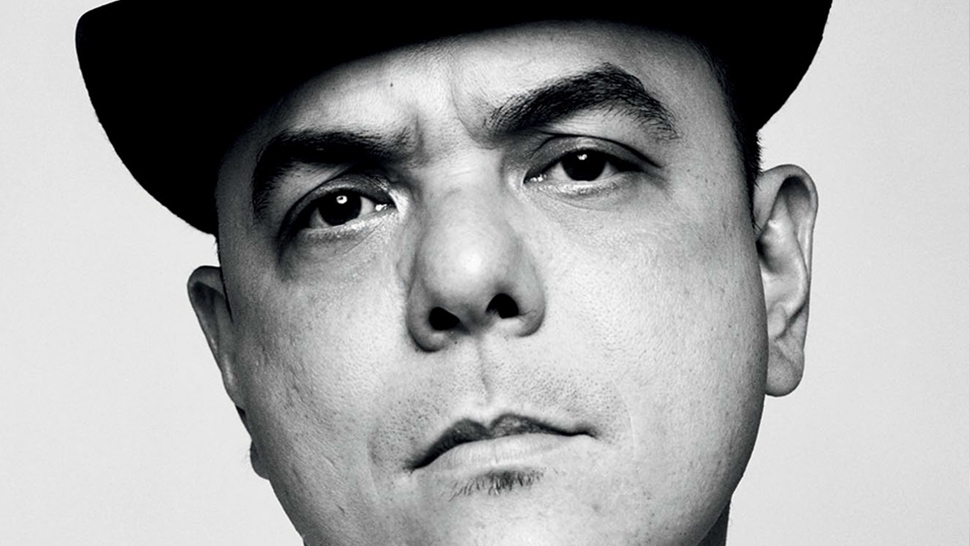The Filipino artist Carlos Celdran, who was living in exile in Spain to escape what he has described as the ‘aggressive political climate’ in his home country, has died at the age of 46. His wife announced that he died of natural causes.
Having moved from Manila to the Rhode Island School of Design, where he started his career as a performance artist, Celdran moved to New York and became involved in AIDS activism. On returning to Manila, he started a performance-tour of Manila called If these walls could talk, which ran for seventeen years and became his best known work. Another tour, Livin’ la Vida Imelda, later became an off Broadway show. An influential figure in the local artscene, in 2005 he became the creative director of the Living Room exhibition space and in 2018 founded the Manila Biennale.
Yet he remains best-known outside the Philippines for a controversial piece of activist-art around a reproductive health bill, intended to make contraception more widely available to the poor, which was vehemently opposed by the country’s powerful Catholic church. In September 2010, Celdran interrupted a service at Manila Cathedral. Dressed as the Filipino writer José Rizal, a hero of the independence movement who was executed by the Spanish military in 1896, he carried a sign emblazoned with ‘DAMASO’, a reference to a corrupt priest in the writer’s novel Noli Me Tángere (Don’t touch me, 1897). He was arrested and charged with blasphemy. After a protracted court case featuring many appeals, and drawing the attention of the international press, he moved to Spain in February 2019. The Philippine Congress approved the bill in 2012.
17 October
